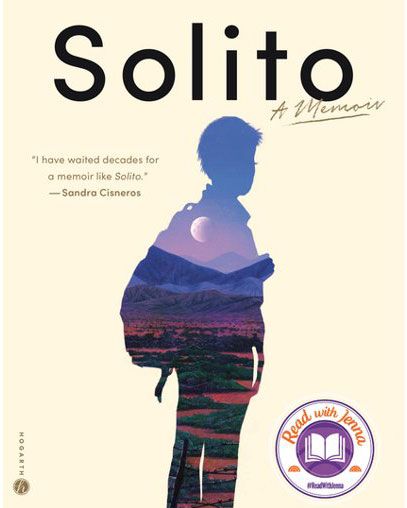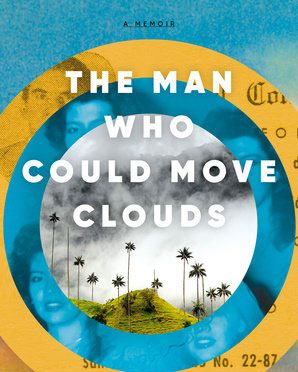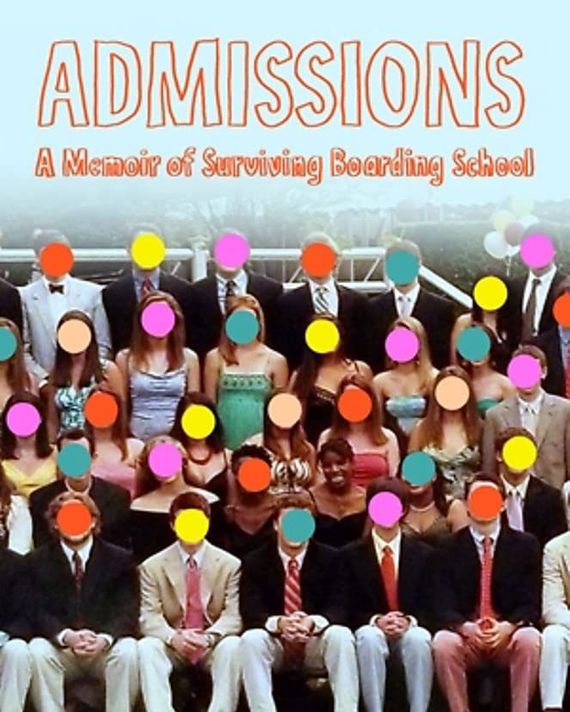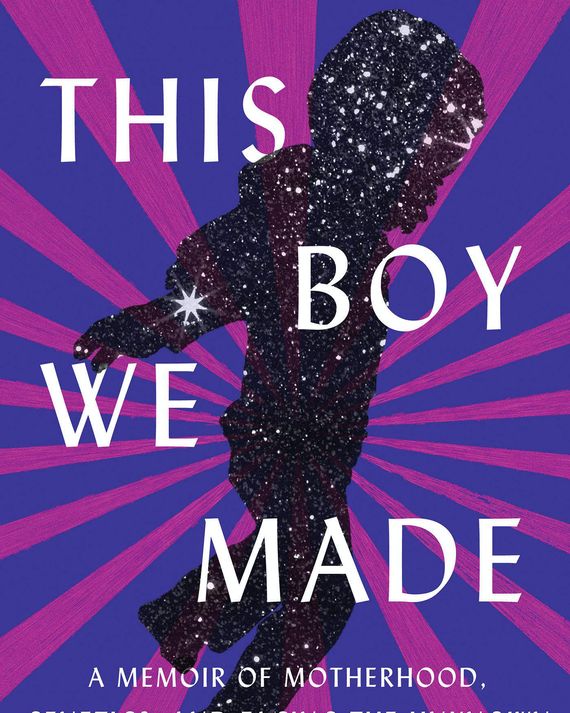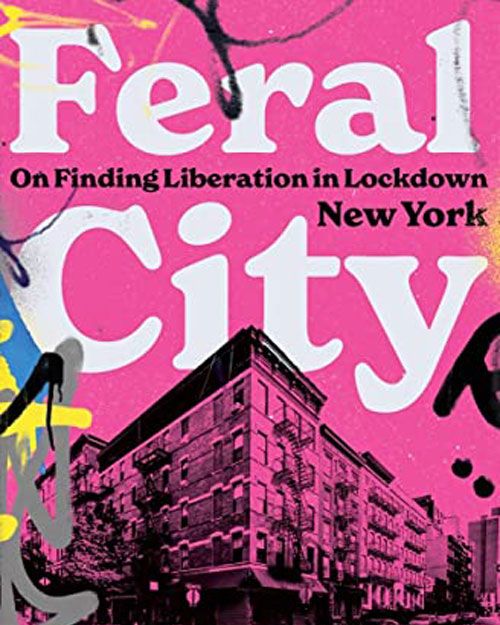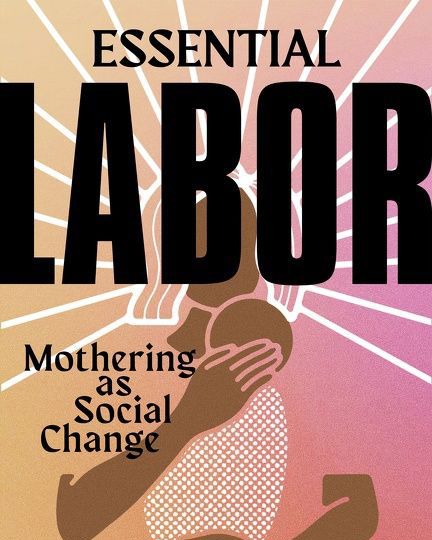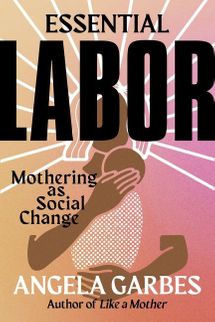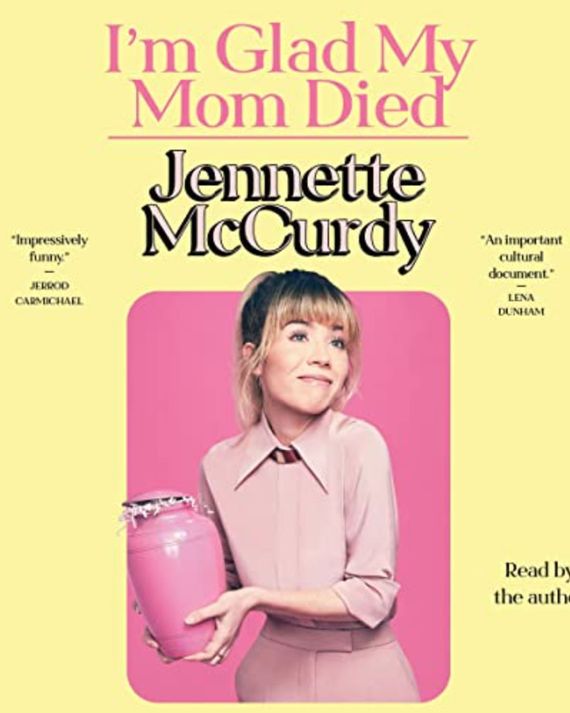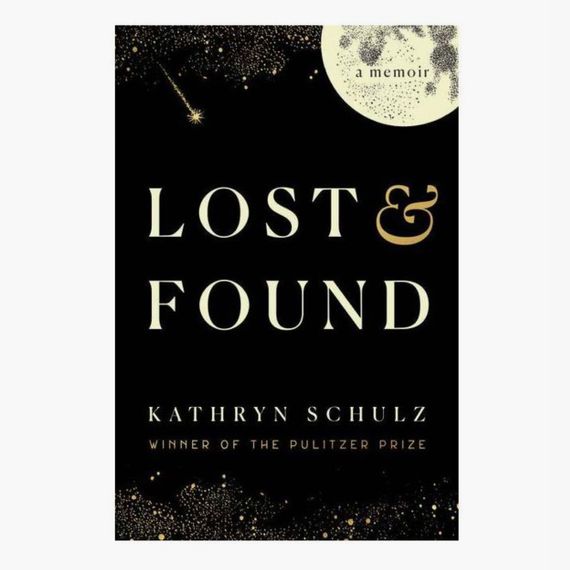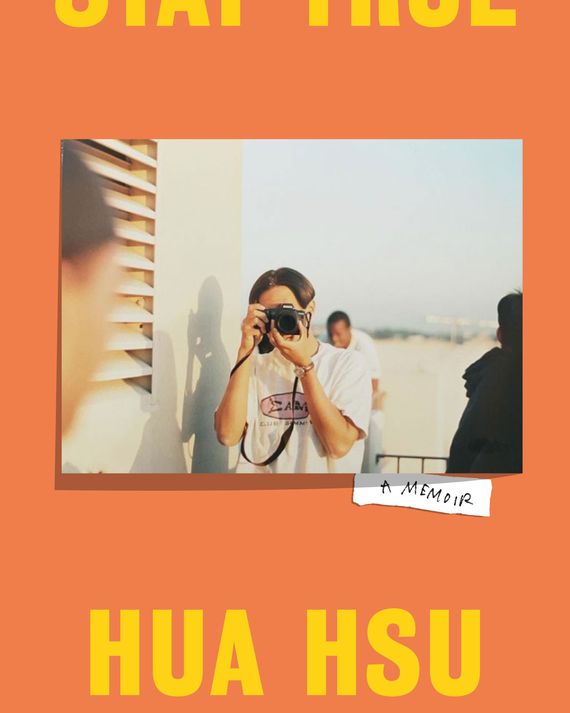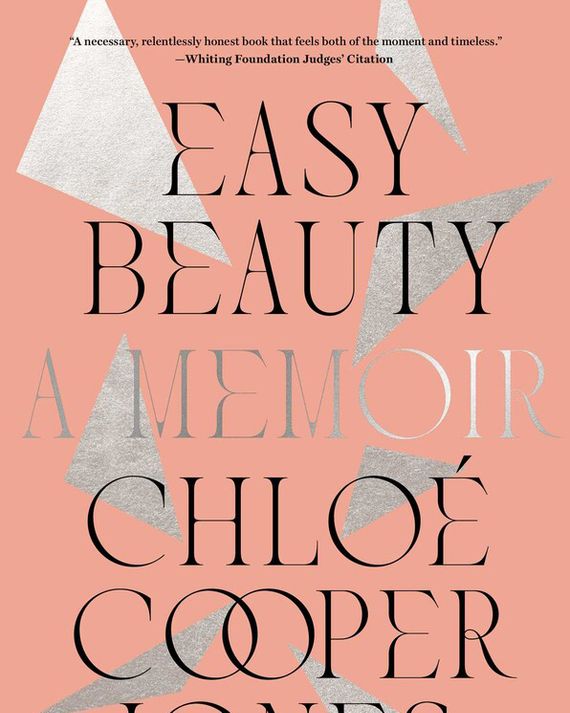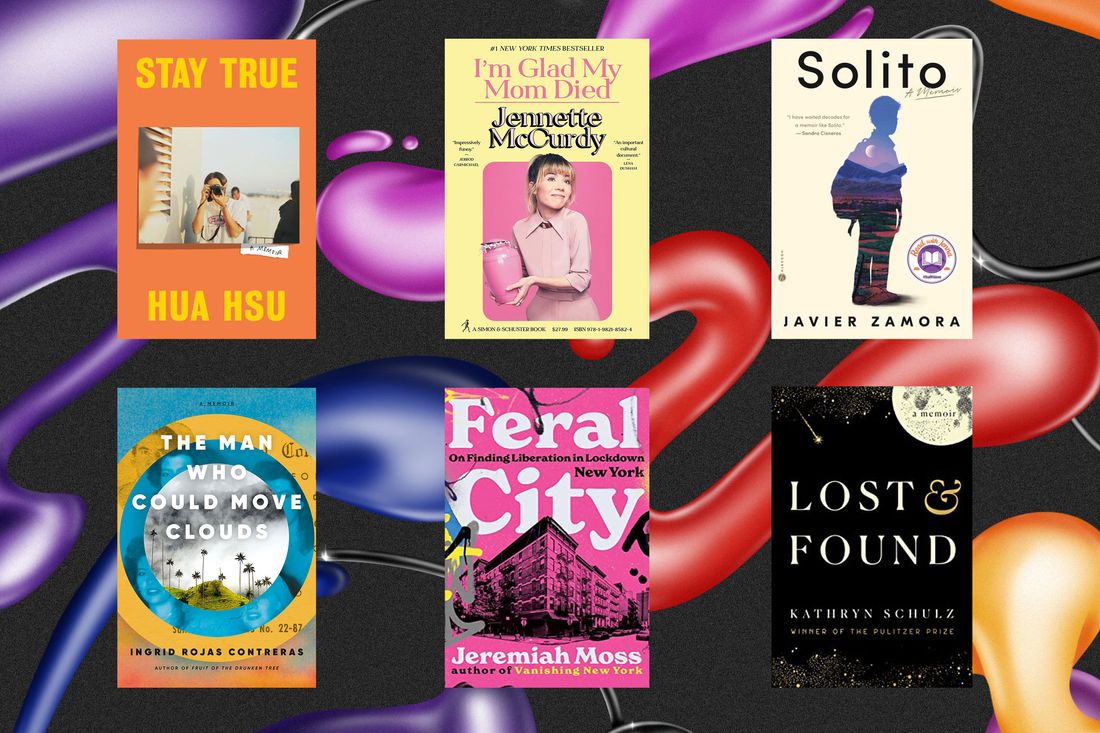
In 2022, we continued to expand our idea of what a memoir can be. Call it hybrid memoir, memoir-plus, researched memoir — the industry hasn’t quite decided — but the blending of personal history with careful analysis of the cultural forces and institutions that inform it has exploded the genre with possibility. What better way to learn about issues like the immigration crisis, the effects of gentrification, the long-lasting repercussions of colonialism, or the function of art in human connection than through the stories of those who live within them? Here are some of the year’s best.
10.
Solito,Javier Zamora
On April 6, 1999, 9-year-old Javier Zamora traveled with his grandfather from his home in El Salvador to Guatemala, where his grandfather would say good-bye and send him off on a seven-week journey to his parents in San Francisco. Solito reads like a diary of the trek, recounting the strange, immediate intimacy born from sharing the experience with other immigrants, the physical and emotional toll of daily slogs through dangerous terrain and waters, the disorientation of never really knowing who to trust. Choosing to tell a childhood story from the perspective at the time can go horribly wrong, but Zamora nails the tone and mind-set of his youth. His vulnerability, yearning, insecurities, and hope are vivid. It’s a journey that would test anyone’s mettle, let alone that of a child on his own, but during those seven weeks Zamora sees some of the best humanity has to offer: solidarity, bravery, sacrifice. He’s created something quite rare here — an account of the high-stakes journey to a better life as experienced, moment to moment, by one of the most vulnerable travelers. It’s a story told by the person who owns it, from a point in time where he’s able to understand just how precarious the endeavor was and how afraid his family must have been.
9.
The Man Who Could Move Clouds, Ingrid Rojas Contreras
Ingrid Rojas Contreras’s memoir is as much about her grandfather as it is about herself. After a bicycle crash throws her into weeks of amnesia, she relies on her family to piece her memory back together. Through this lens, Rojas Contreras brings us along as she is guided through the mesmerizing journey of her family history, which is defined both by the guerrilla warfare that eventually drove them out of Colombia when she was 14 and the lineage of supernatural gifts that she traces back to her grandfather, a curandero, or shaman. Rojas Contreras’s talent as a fiction writer comes through in her lyrical prose and her ability to craft clear scenery and narratives. She juggles colonial criticism, explorations of marginalized cultures, and intricate analyses of family dynamics and makes it look easy.
8.
Admissions: A Memoir of Surviving Boarding School, Kendra James
Kendra James’s memoir recounting her experience as the first Black legacy student at a prestigious Connecticut boarding school is as juicy as it is enlightening. It’s also as infuriating as anyone who lives outside those rarefied circles might expect — years of dealing with wealthy white teens who would balk at the idea of their privilege, an administration that doles out discipline with bias, clueless (but well meaning … maybe?) teachers who diversify their syllabi but then alienate students of color in their execution, countless microaggressions and belittling assumptions. It isn’t until James leaves the school — and, years later, becomes an admissions officer doing outreach with Black and Latinx families, selling them the dream and potential of prep schools — that she really starts to process and grapple with the racism she experienced.
7.
This Boy We Made: A Memoir of Motherhood, Genetics, and Facing the Unknown, Taylor Harris
Taylor Harris’s debut is as much about motherhood as it is about our broken health-care system. Harris identifies a clear divider in her life — there’s before she woke up one morning to find her son Tophs, two months shy of 2 years old, awake but unresponsive, and then there’s after. Harris connects the two eras in unexpected ways, jumping back and forth between the onset and development of her generalized anxiety disorder and her experience navigating Tophs’s mysterious illness. She carries the tools that were necessary for her survival from the before to the after — her faith in God, her trust in those who love her, her willingness to advocate for herself and her family, her ability to sit in discomfort while “feeling out the boundaries of fear” — and we’re with her as she endures a mother’s worst nightmare, grappling with the inevitable mom guilt that comes with it. It’s an illuminating and empowering story, beautifully rendered.
6.
Feral City: On Finding Liberation in Lockdown New York,Jeremiah Moss
Jeremiah Moss arrived in the East Village in the early 1990s as a transgender man searching for his people. In the 20-odd years since, he’s watched as his home turned hostile, distorting to accommodate the super-wealthy “hypernormal” transplants — he calls them New People — and sterilizing everything that made the city open, liberating, and a haven for outsiders. When 2020 hits and the city goes into lockdown, something changes. The New People flee, the others stay, and the New Yorkers who truly consider the city home reclaim it. Moss describes a complicated ambivalence as he bikes from neighborhood to neighborhood, reveling in the sense of unity and resilience, while grieving for everything and everyone lost. Feral City is often exuberant, but the reading experience is bittersweet, knowing that the city is by and large rushing past the freedom of that “feral” moment and back to soaring rents and inhumane policing. But these forces are being challenged by many of the groups Moss describes so lovingly. His academic background comes through in his integration of psychoanalysis, sociopolitical theory, and queer theory. This is a must-read for New York transplants — newcomers to any city really — who want to support their new community rather than displace it.
5.
Essential Labor: Mothering As Social Change, Angela Garbes
Angela Garbes’s 2019 debut, Like a Mother, was an intimate, feminist analysis of pregnancy. Essential Labor is the follow-up, building on the themes of the first book, so it’s no surprise it’s been a best seller. Part personal history, part sociopolitical analysis, part manifesto, the genre-bending memoir examines the role and work of motherhood as revealed by the COVID-19 pandemic. In all the discourse about essential workers, mothers have largely been ignored, and Garbes investigates the reasons — why do we resist the classification of motherhood, and caretaking in general, as labor? Garbes places the American treatment — and devaluing — of motherhood in context with the culture of motherhood around the world. Pulling from her Filipino family’s history, she highlights the profound responsibility and power of motherhood, especially as a tool toward creating a better, more empathetic and community-based future.
4.
I’m Glad My Mom Died, Jennette McCurdy
No one anticipated the overwhelming response to child actor Jennette McCurdy’s provocative memoir — all major retailers sold out within a day of its release — and the hype proved to be warranted. You never know what you’re going to get with celebrity memoirs, but McCurdy’s is beautifully executed — poignant, illuminating, and well crafted at the line level. Her recollection of growing up with an abusive mother intent on making her a star (and succeeding) balances dark humor with heartbreak. You feel McCurdy yearning for a relationship with her mother that you know, as an outside observer, is just impossible, and the pain is palpable. My guess is I’m Glad My Mom Died will be a pivotal text in the increasingly relevant discussion of the ethics of child celebrity, from Hollywood to TikTok.
3.
Lost & Found, Kathryn Schulz
Pulitzer Prize winner Kathryn Schulz’s New Yorker essay “When Things Go Missing” nestled into some far corner of my brain when I read it in 2017 and has come back to mind every now and then ever since. How exciting, then, to learn she had expanded her investigation into the many connected definitions and experiences of loss into this deeply affecting memoir. Schulz seamlessly weaves philosophy, psychology, and history with the death of her father, keeping the heart of the story close at all turns. Most impressive is her ability to describe her father’s decline as both traumatic and mundane, walking a tightrope between emotions that shift as arbitrarily as the directions in which one might stumble. That merging of seemingly conflicting experiences — lightness and heaviness, significant and trivial — is a consistent theme throughout the book, handled masterfully.
2.
Stay True, Hua Hsu
Hua Hsu’s writing in his debut memoir flows gracefully, hypnotically, propulsively. His ode to his college friend Ken, and the specificity of college friendships in general, shifts into meditations on selfhood and identity, and how art and family history inform both. That this transformative friendship was cut short by Ken’s murder during a hijacking before they’d even graduated lends a poignancy to the lessons Ken helped him realize, the lessons that stayed with him as he figured out who he was. Decades later, Hsu shares those lessons with us. We see the way his comfort zone expands as his worldview does, too. In welcoming someone who seemed at first to embody everything he resented about American culture — Ken loved baseball, Hua wrote zines; Ken’s Japanese family had spent generations assimilating, Hua was the son of Taiwanese immigrants and he still felt like an outsider although he was born in the US — Hua slowly broadens his definition of meaning. It’s a story about art, America, and what it was like to be Asian American in the Bay Area in the ’90s, but more than that, it’s about human connection.
1.
Easy Beauty ,Chloé Cooper Jones
Pulitzer Prize finalist, doctor of philosophy, and general multi-hyphenate Chloé Cooper Jones’s debut shifted my understanding of a world I’ve only experienced while able-bodied. Easy Beauty follows the author — who was born with a rare congenital condition known as sacral agenesisa, a disability that visibly sets her apart from the general population and which has caused a lifetime of underlying pain— through a year of traveling in pursuit of meaning, both personal and existential. This narrative propels the book while providing detours for exploration of her coming-of-age, family history, motherhood, and theories about beauty, a concept that has defined the bulk of her life. It’s heady but accessible. The through line of this story is the titular theory and its opposite — i.e., easy versus difficult beauty; i.e., beauty that is obvious versus beauty that makes you work for it — and the genius of Easy Beauty is in its functioning as the latter. Cooper Jones puts us through the wringer a bit, trusting us to keep up with her analyses and forcing us to stay close to her physical and emotional pain, but the result is extraordinary.


